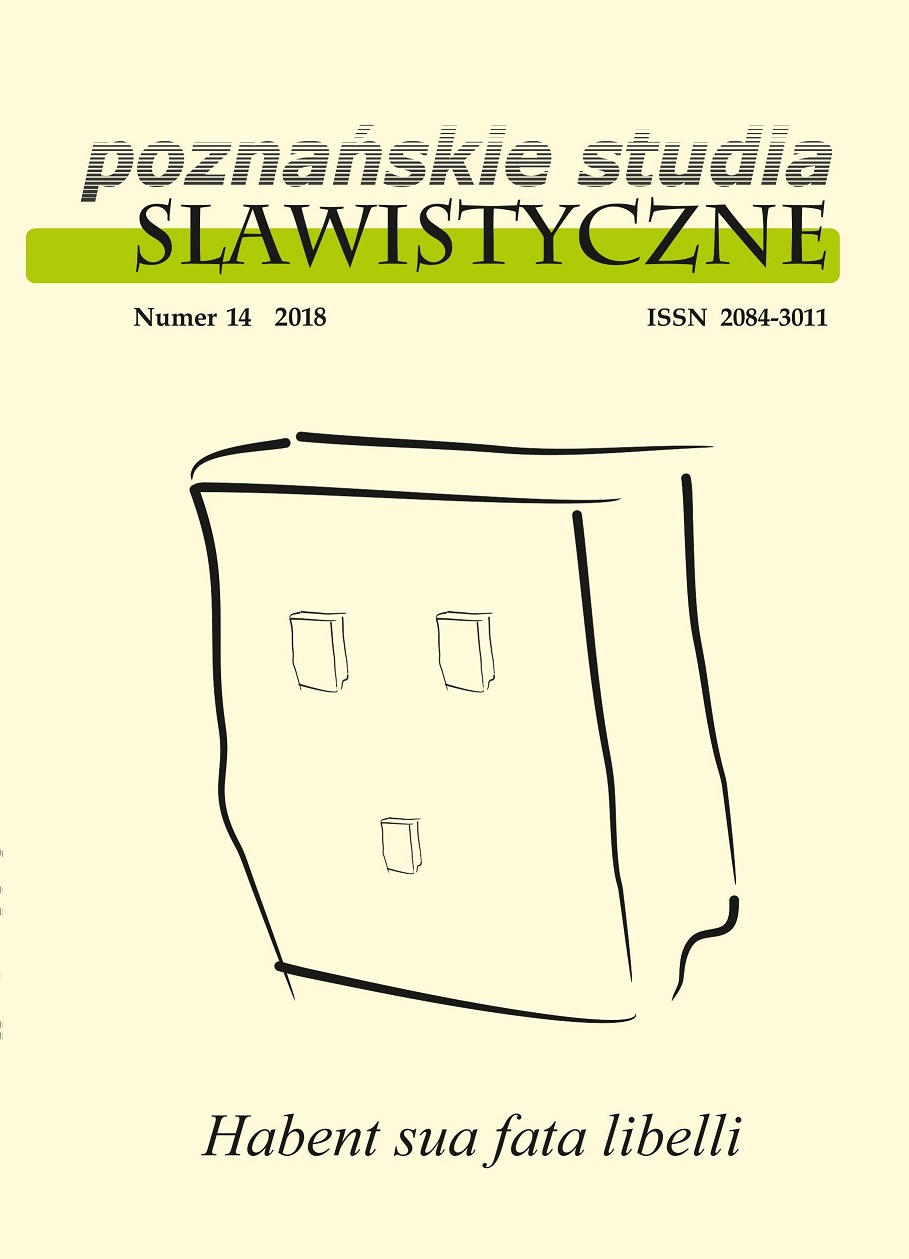Духовная грамота как элемент подготовки к смерти (на материале документов XVI века из архива Соловецкого монастыря)
Last Will as an Act of Preparation for Death (Based on Documents from Registers of the Solovetskiy Monastery of the 16th Century)
Author(s): Bożena Hrynkiewicz-AdamskichSubject(s): Christian Theology and Religion, Law, Constitution, Jurisprudence, 16th Century
Published by: Uniwersytet Adama Mickiewicza
Keywords: Old-Russian common law; a last will; registers of the Solovetskiy Monastery of the 16th century; the Christian attitude towards death;
Summary/Abstract: Expressing wishes as to how a person’s property was to be distributed at death was permitted by Old-Russian common law. At first, oral disposals had been practiced, whereas written wills became widespread only in the 14th century. Disposals of an estate were principally made by liege lords and church authorities, hardly ever by peasants. This article presents a study of 8 unique peasants’ wills from registers of the Solovetskiy Monastery of the 16th century. A pope was obligatorily in attendance when such documents were prepared. All analyzed wills referred to Christian ethics and values. The dispositions of personal property alternated with requests to pray for the testator’s salvation. It seems that the main purpose of the examined last wills was not to transfer of real estates and personal property to successors but to contain a testator’s understanding of dying and death, and to form a proper attitude towards them. Preparation of someone’s last will and getting rid of material goods constituted an act of contrition that closed the testator’s worldly existence and conditioned his eternal life after death.
Journal: Poznańskie Studia Slawistyczne
- Issue Year: 2018
- Issue No: 14
- Page Range: 79-90
- Page Count: 12
- Language: Russian

